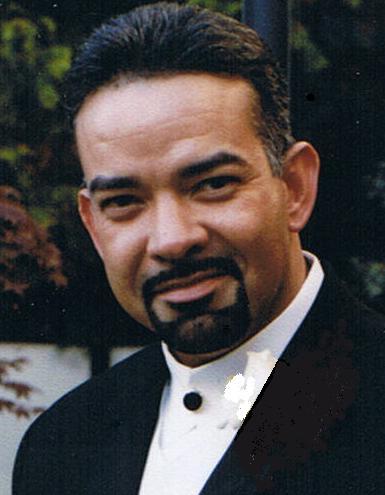Experts say South Florida housing market cooling off
Surging price increases unsustainable, experts say
By Paul Owers
South Florida Sun-Sentinel
Even the rosiest real estate analysts concede that South Florida's housing frenzy is fading after five years. The culprit?"
Its own success," said Lewis Goodkin, an industry consultant in Miami.
Goodkin and other experts say the market was destined to soften because price appreciations of 25 percent or more aren't sustainable. Prices will increase in 2006, but not at the double-digit rate of the past few years, they say.
Goodkin estimates South Florida's home sales pace will fall by 20 percent, compared to recent years, while the overbuilt condominium markets in West Palm Beach and Miami will face "dramatic" slowdowns by the summer.
He said the housing forecast for South Florida is typical of what's happening in many growing cities, such as Las Vegas and San Diego.
"We're really coming back to a more normal market," Goodkin said.
Here are five key indicators:
1. Sales are down. Whether you're comparing December to the same period in 2004 or looking at the past six months of 2005, the number of home sales across South Florida has dropped by roughly 40 percent, according to the Florida Association of Realtors.
The Orlando-based trade group tracks single-family home sales but not condominiums, townhouses or co-ops.
Certainly, Hurricane Wilma had something to do with the decline in the latter part of 2005, but agents and industry experts say the storm isn't the only reason for the slowdown. Insurance and property-tax increases are driving up monthly mortgage payments, making many people reluctant to buy.
"Prices just got to be too high," said Marilynn Obrig, a broker-associate with Intercoastal Realty Inc. in Fort Lauderdale. "There comes a point where buyers say, `I can't do it. I have to sit back and think about it.' "
2. Listings are up. It's not just your imagination: You are seeing more for-sale signs in front yards. The number of homes and condos on the market more than doubled in Broward County from July through December, according to The Keyes Co. and multiple listing services. Listings rose more than 81 percent in Palm Beach County and more than 64 percent in Miami-Dade.
Speculators helped fuel the housing boom, which drove up prices to record levels, but that's changing as many speculators are leaving real estate. With fewer buyers, houses don't sell as quickly and inventory builds up.
There's virtually no sense of urgency, and buyers can take their time considering multiple properties, said Richard Barkett, chief executive of the Realtor Association of Greater Fort Lauderdale.
"Most Realtors want to be listing agents, but you have to be out looking for buyers now," said Boynton Beach agent Bob Melzer. "With 20 homes for sale in the same community, [buyers] say, `What's my rush?' "
3. Prices have flattened. As demand wanes, sellers are losing leverage, and some are cutting their asking prices.Median prices across South Florida rose by more than 20 percent in December compared to the same period a year ago, according to the Florida Realtors group. But from July through December, the median increased less than 5 percent to $408,200 in Palm Beach and to $377,700 in Miami-Dade while decreasing 4.3 percent to $369,000 in Broward.
"A stabilization in prices has occurred," said David Dabby, a Coral Gables real estate analyst. "That doesn't mean that appreciation has stopped in all areas. It hasn't. You're just going to see more modest increases, at best."
4. Incentives for buyers and real estate agents are increasing. Some builders are offering free upgrades on appliances, countertops and cabinets, as well as offering to pay points and closing costs worth thousands of dollars that the new-home buyer normally would pay.
Developers also are trying to lure real estate agents. At the Legacy Place condominiums in Palm Beach Gardens, for instance, agents who referred buyers received 4 percent commissions rather than the standard 2 or 3 percent.
"There hasn't been the necessity to do that before," said Jack McCabe, a Deerfield Beach analyst who is betting on a market slowdown and organizing investors to buy properties at reduced rates. "The environment is going to get highly competitive this year."
5. Interest rates are rising and credit requirements tightening. Thirty-year fixed mortgage rates are near 6 percent, and analysts predict they could inch closer to 7 percent in 2006. While still reasonable, that's enough to keep some people from qualifying for mortgages.
And as interest rates increase, homeowners with adjustable-rate notes will see their monthly payments rise. That'll mean more foreclosures and distressed sales, experts say.
In addition, federal regulators are forcing lenders to become more selective this year. Mortgage applicants will need higher credit scores and more proof of income, while banks are expected to scale back on risky interest-only loans.
"The direction of the market is clear," said Manuel Iraola, chief executive of Homekeys, a Miami-based online real estate service. "What's open for debate is the magnitude of the adjustment the market will go through."


0 Comments:
Post a Comment
<< Home